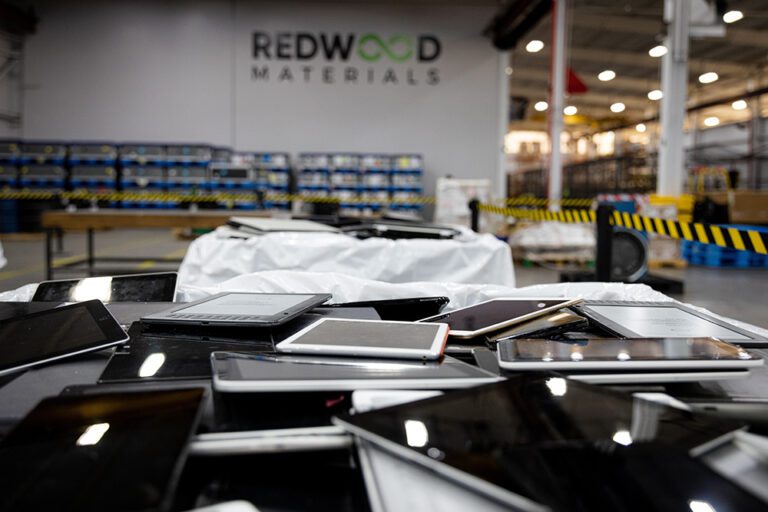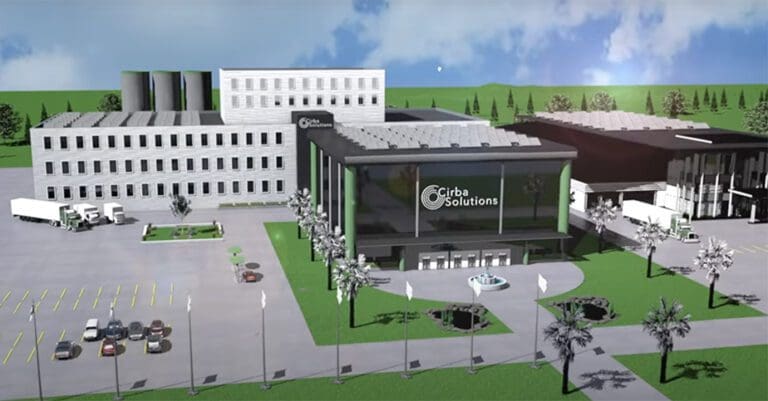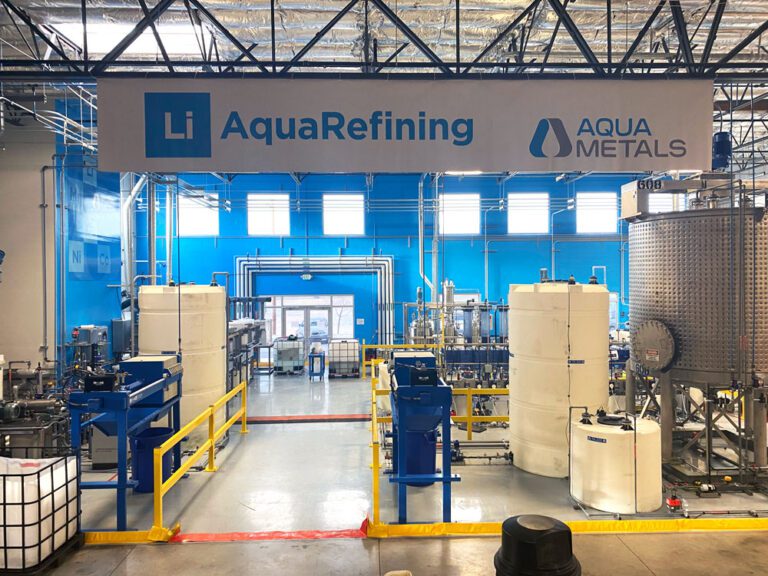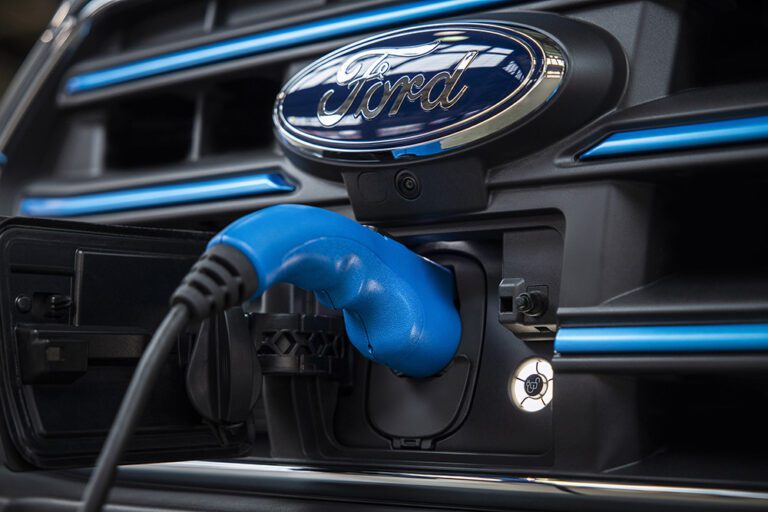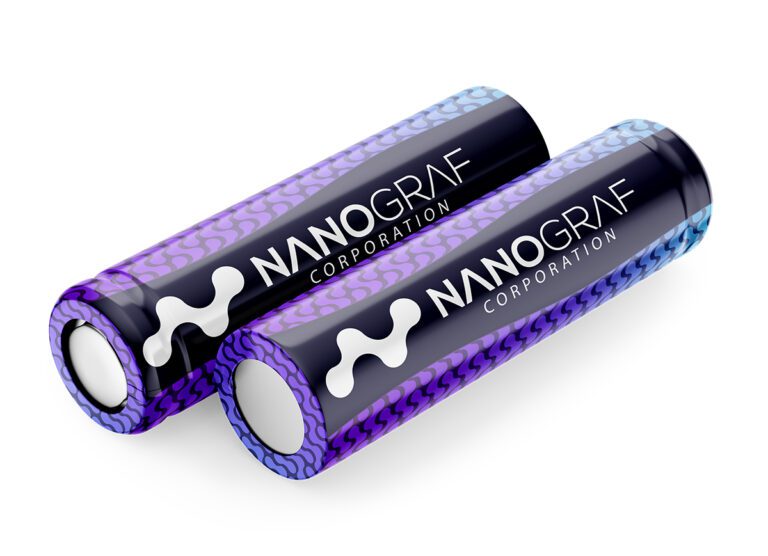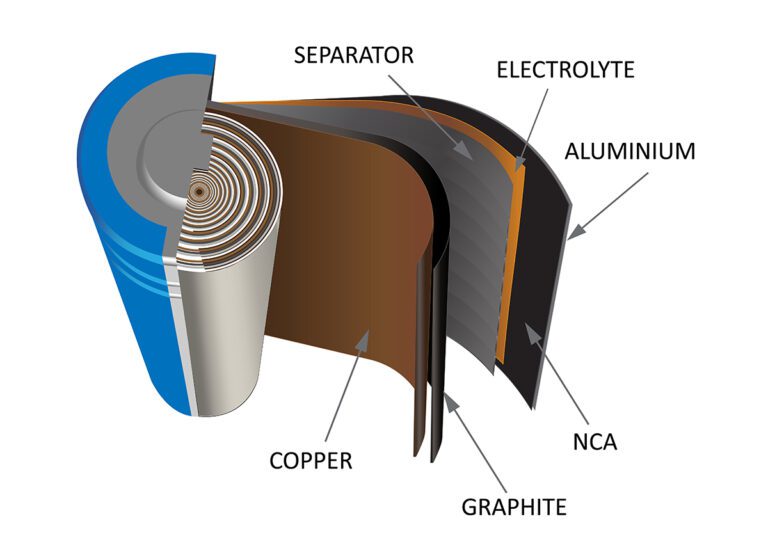Volkswagen and lithium-ion battery recycler Redwood Materials have partnered to offer US consumers a convenient way to recycle rechargeable devices or lithium-ion batteries. Participating Volkswagen dealerships will offer Redwood bins for easy and safe disposal of rechargeable batteries and consumer devices, including cell phones, laptops, tablets, cordless power tools, electric toothbrushes, wireless headphones and old… Read more »
Search Results Found For: "cobalt"
Motiv Power Systems launches next-gen electric trucks with new LFP battery system
Motiv Power Systems has been in business for 14 years, providing electric step vans, box trucks and shuttle buses with payloads of 2-6 tons. The company has deployed more than 150 vehicles with fleets across North America. Now the company has announced its next-generation electric trucks for medium-duty fleets. The new generation features a new… Read more »
Cirba Solutions to build EV battery recycling plant in South Carolina
Battery recycling company Cirba Solutions has announced a Phase I investment of at least $300 million in a new battery recycling facility to be built near Columbia, South Carolina. The plant, Cirba’s eighth in North America and fourth in the US, will focus on processing end-of-life hybrid and EV batteries, gigafactory scrap, and end-of-life consumer… Read more »
Altilium Metals accelerates development of planned EV battery recycling facility
UK-based Altilium Metals plans to step up development of its future EV battery recycling plant, following a six-month feasibility study funded in part by the UK government’s Automotive Transformation Fund and the successful demonstration of the company’s technology at its new analytical laboratory in Devon. According to Altilium, the study, conducted in collaboration with Hatch… Read more »
Our Next Energy (ONE) to supply batteries for The Shyft Group’s electric trucks
Energy storage technology company ONE was selected to supply more than 15,000 Aries lithium iron phosphate (LFP) battery packs over the next five years for use in The Shyft Group’s Blue Arc Class 3, 4 and 5 electric trucks. Blue Arc trucks using Aries batteries will go through development, testing and validation this year using… Read more »
Aqua Metals produces high-purity lithium hydroxide directly from recycled Li-ion batteries
Battery recycler Aqua Metals has demonstrated the recovery of high-purity lithium hydroxide from lithium-ion battery black mass at the company’s Li AquaRefining recycling facility in Nevada. “The production and availability of the first recycled lithium hydroxide at scale will help close the supply chain loop for critical battery metals in America, paving the way for… Read more »
Ford to build new LFP battery plant in Michigan
Ford plans to invest $3.5 billion to build an LFP battery plant in Marshall, Michigan. BlueOval Battery Park Michigan will initially employ 2,500 people when production begins in 2026. The automaker will offer LFP (lithium iron phosphate) as a second battery chemistry option in addition to NCM (nickel cobalt manganese), allowing customers to choose an… Read more »
How NanoGraf is commercializing the “world’s most energy-dense” 18650 battery cell with stable silicon oxide
Q&A with NanoGraf COO Connor Hund Graphite, a pure form of carbon, is a critical material for battery anodes. Graphite’s physical structure allows it to store lithium ions, which merrily migrate to the anode when the battery is charged. Unlike cathodes, which can be composed of various combinations of chemicals (cobalt, nickel, manganese, lithium, iron,… Read more »
Redwood Materials to receive $2-billion DOE loan, begins production of anode foil
Redwood Materials, the battery recycling firm headed by Tesla alum JB Straubel, has received conditional commitment for a $2-billion loan from the DOE’s Loan Program Office as part of the Advanced Technology Vehicles Manufacturing Loan Program (ATVM). Redwood will draw upon this financing in tranches to support the phased construction and expansion of its battery… Read more »
A closer look at graphite—its forms, functions and future in EV batteries
Q&A with Graphex CEO John DeMaio Reading the EV press, you might assume that lithium, cobalt and nickel are the stars of the battery show—they get a lot of coverage, as pundits debate the relative merits of NMC and LFP cathode chemistries and agonize over looming shortages. Meanwhile, over in the anode, there’s an unsung… Read more »







